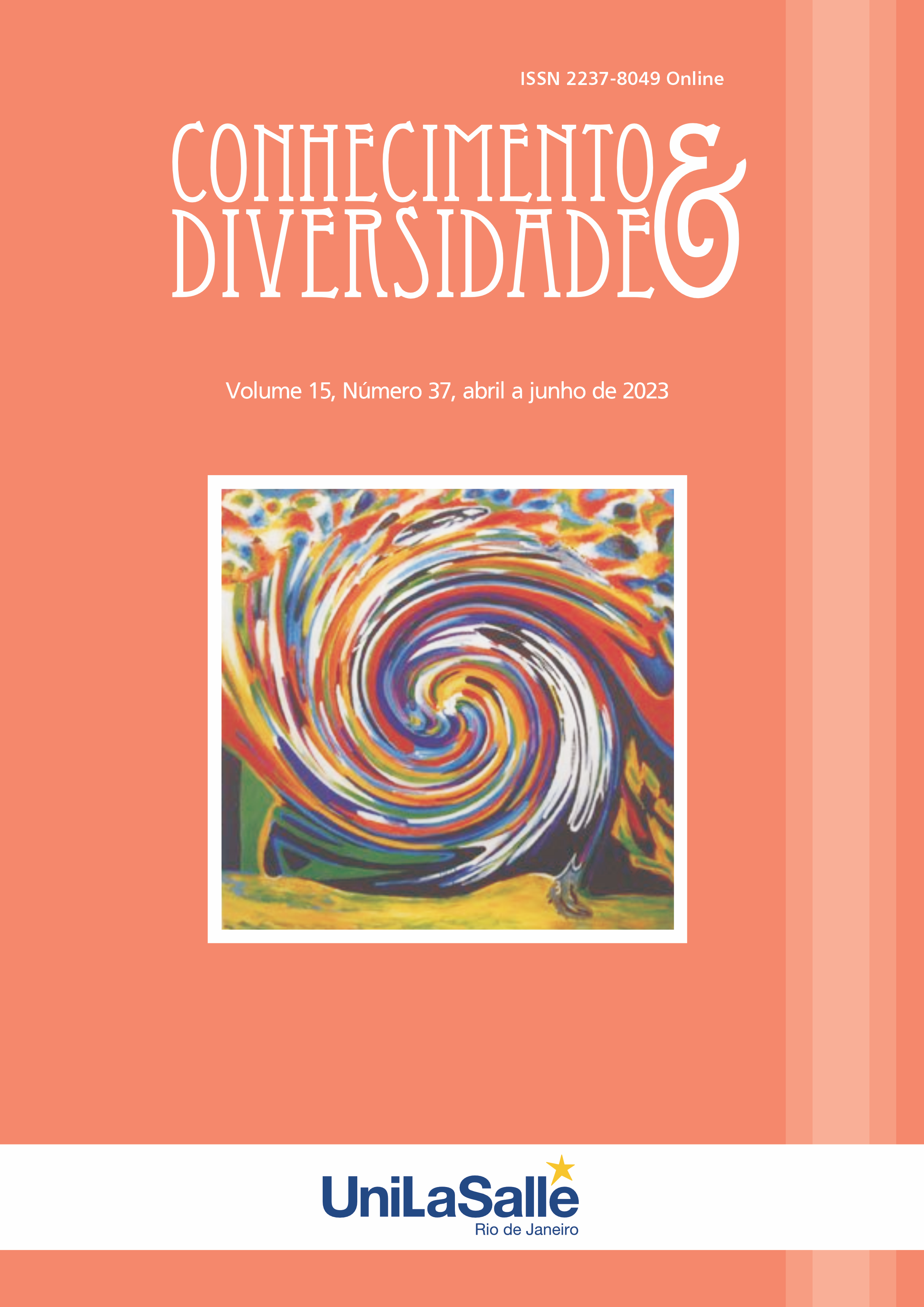USING FOLK GAME-BASED AND BODY TRAINING TECHNOLOGIES IN MODERN EDUCATION IN EUROPEAN COUNTRIES
DOI:
https://doi.org/10.18316/rcd.v15i37.10922Keywords:
Teaching technologies, Methods of physical training, Physical education, Body training, Physical development, Formation of physical skills and abilities.Abstract
Modern education involves dynamic physical and spiritual improvement of children and youth. The tendencies of its development should be aimed at overcoming the mutual physical, emotional and spiritual alienation of education seekers, ensuring the implementation of the creative component in the educational process. At the same time, the increased attention in physical education in European institutions nowadays is paid to the historical, cultural and humanitarian direction, while an increase in the importance of folk game-based body training tools and methods is observed. The purpose of the academic paper is to clarify the features and key tendencies in using folk game-based body training technologies in the educational process of European countries. During the research, the analytical and bibliographic method was used to study the scientific literature on using body training technologies in modern education. Along with this, induction, deduction, analysis, synthesis of information, system-structural, comparative, logical-linguistic methods, abstraction, and idealization were applied to study and process the data. Moreover, the research authors conducted the questionnaire in online mode to practically clarify the most significant issues related to the organization of the educational process in European countries. Based on the research results, the primary and most important theoretical aspects of the issue of applying folk game-based body training technologies in educational institutions of European countries were established, and the standpoints of scientists and heads of educational institutions regarding the key aspects of this issue were also investigated.
Downloads
Published
Issue
Section
License
Copyright (c) 2023 Conhecimento & Diversidade

This work is licensed under a Creative Commons Attribution 4.0 International License.
As recommended by the Public Knowledge Project, RCD adopts for its articles a CREATIVE COMMONS Attribution CC BY 4.0 license.
This license allows others to distribute, remix, adapt and build upon your work, even commercially, as long as they credit you for the original creation.
This is the most appropriate license offered.
Recommended for maximum dissemination and use of licensed materials.



